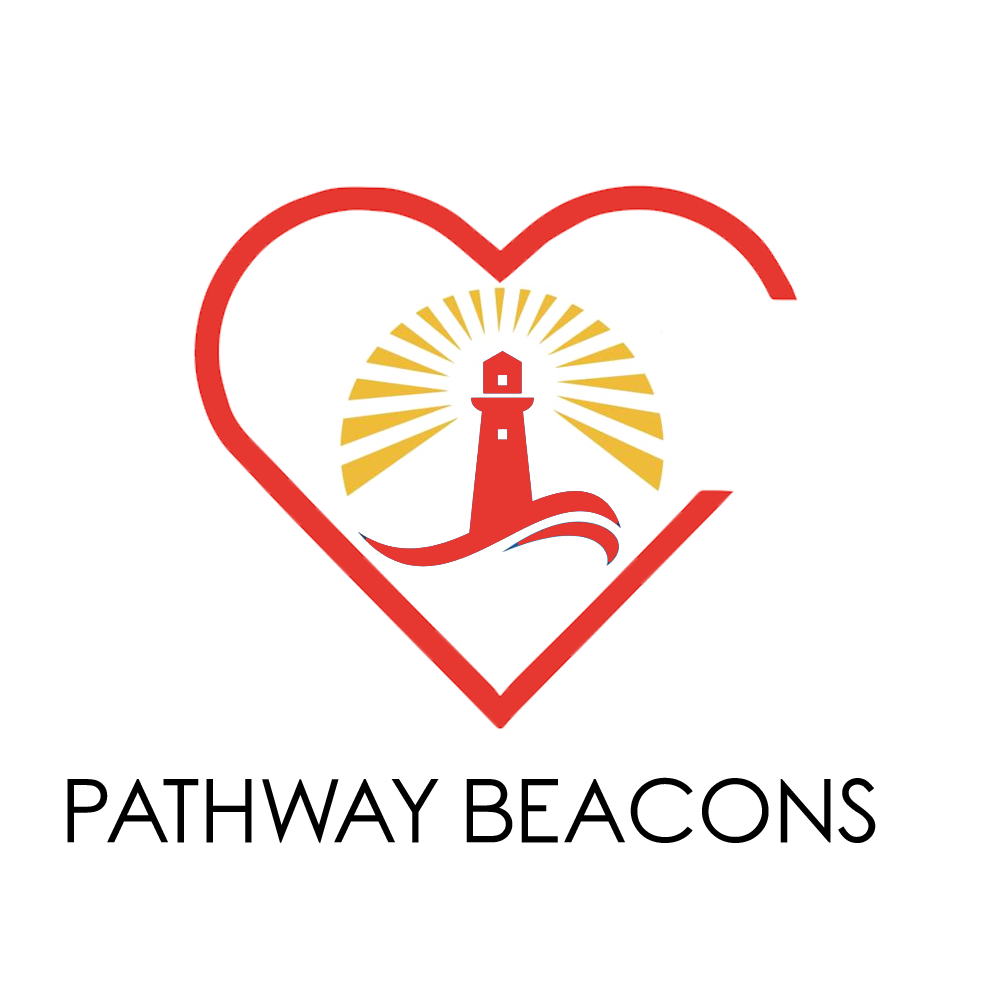PATHWAY-Beacons
study name
Implementing Group Metacognitive Therapy in Cardiac Rehabilitation Services (PATHWAY-Beacons)
PATHWAY-Beacons is an NIHR research-funded study (NIHR202956) looking at the roll-out of group metacognitive therapy (MCT) into cardiac rehabilitation (CR) services.
Study Participants
- CR staff, healthcare professionals working with CR, or NHS staff working at the commissioner level.
Study Design
- PATHWAY-Beacons is an implementation-focused study that will qualitatively assess the training of CR staff and their experiences in delivering group-MCT across CR services.
- Beacons will also revise and pilot national data monitoring to capture group-MCT outcomes in CR.
- We plan to recruit a minimum of 3 CR services to become Beacon sites.
- Qualitative interviews will be conducted with approximately 8-10 CR staff trained in MCT and 8-10 management or commissioner-level staff at Beacon sites.
PATHWAY-Beacons Info

- CR services aim to reduce the risk of patients experiencing further cardiac events and improve their health and quality of life.
- Depression and anxiety are common among CR patients: 27.6% have symptoms of anxiety and 19% have symptoms of depression.
- Previously talking-based therapies in cardiac patients have had little success in improving symptoms of anxiety and depression.
- However, the NIHR-funded PATHWAY trial, found that a group-based therapy called Metacognitive Therapy (MCT) is effective at treating anxiety and depression and more effective than CR alone.
- Following the success of PATHWAY, the next step involves understanding the factors that will facilitate or impair services from including MCT in their service
- This information will help us plan roll-out across the UK.

- To assess cardiac rehab stakeholder’s views on delivering group MCT alongside cardiac rehabilitation to identify factors that will prevent or encourage them from implementing group MCT.
- To test the roll-out of group-MCT in CR services by testing the training and delivery of group MCT by CR staff in CR services nationally.
- To revise and pilot data capture within services following the modification of the National Audit of Cardiac Rehabilitation (NACR) dataset to include group-MCT.
These aims will help us to prepare for a large-scale rollout of group MCT within CR services.

- Metacognitive Therapy (MCT) is an effective evidence-based psychological intervention.
- MCT consists of 6 sessions of 90 minutes delivered weekly.
- It regulates the thinking patterns and behaviours (e.g., worrying, rumination) that keep anxiety and depression going.
- Group-MCT is more effective than CR alone at improving anxiety and depression.
- MCT-PATHWAY is the UK’s first successful group-based mental health intervention that can be delivered alongside usual cardiac rehabilitation.
- The National Institute of Health Research (NIHR) is providing funding to examine the roll-out of PATHWAY in 6 CR services across England in 2022 to prepare for wider scale roll-out of PATHWAY.
- We are running a three-day training programme (hosted by Greater Manchester Mental Health NHS Foundation Trust and the University of Manchester) that will take place online in October 2022.
- Following the training, 6 cardiac rehabilitation services at the following NHS trusts will be delivering group-MCT:
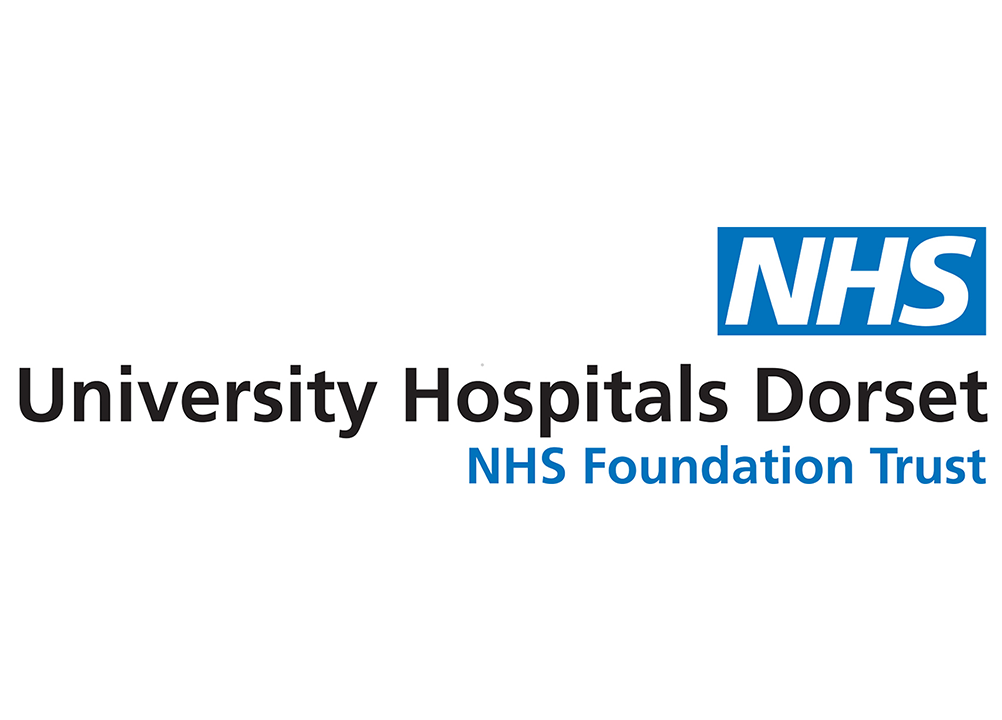
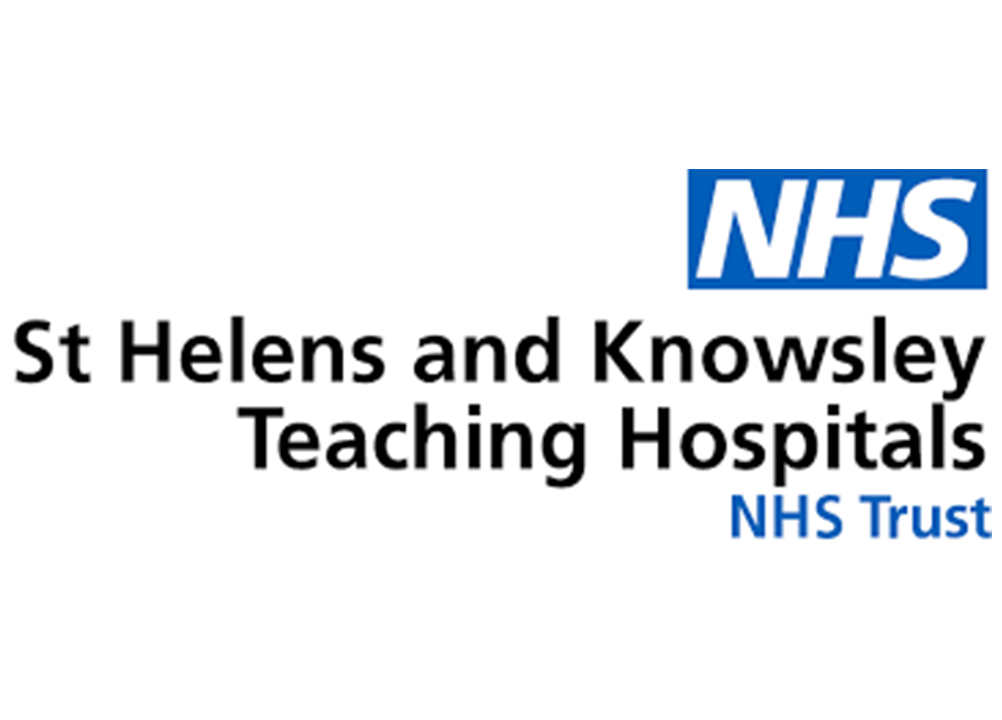
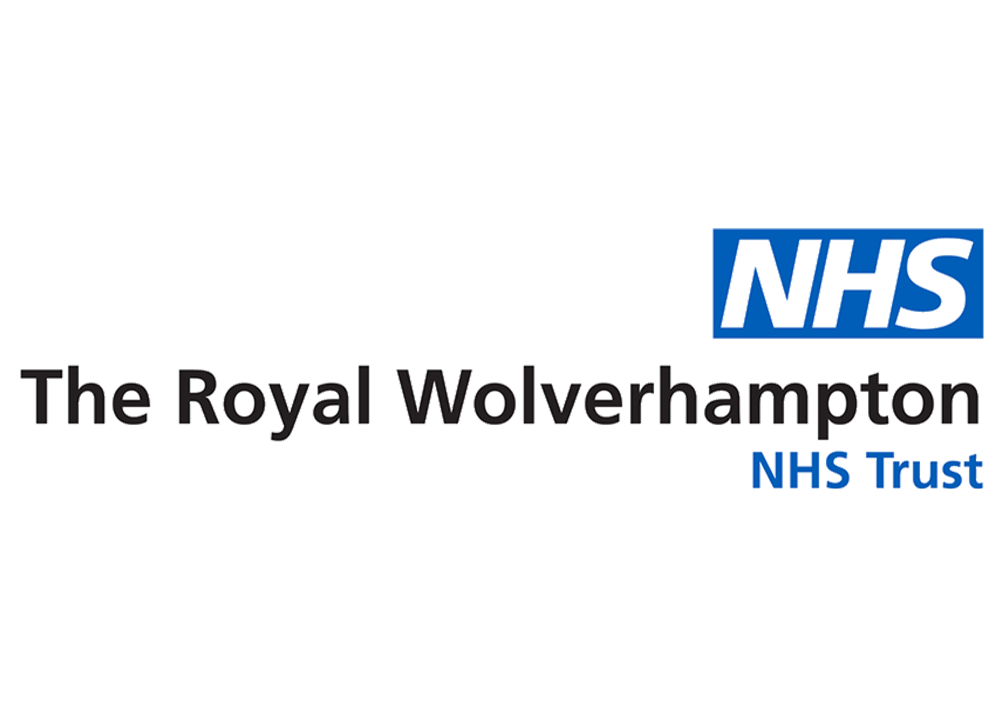
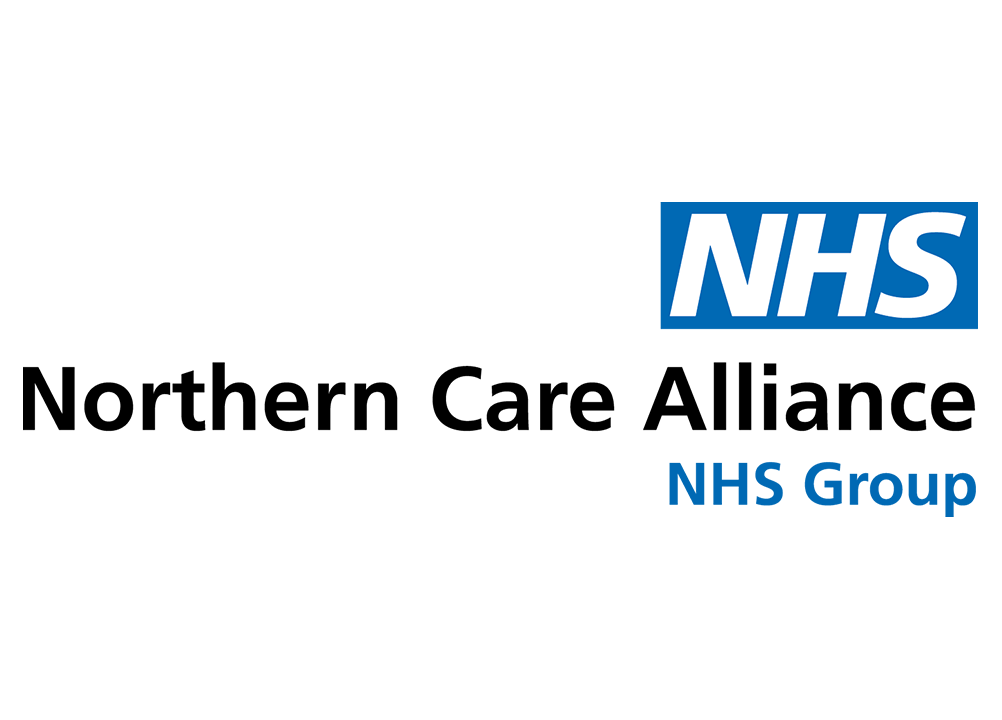
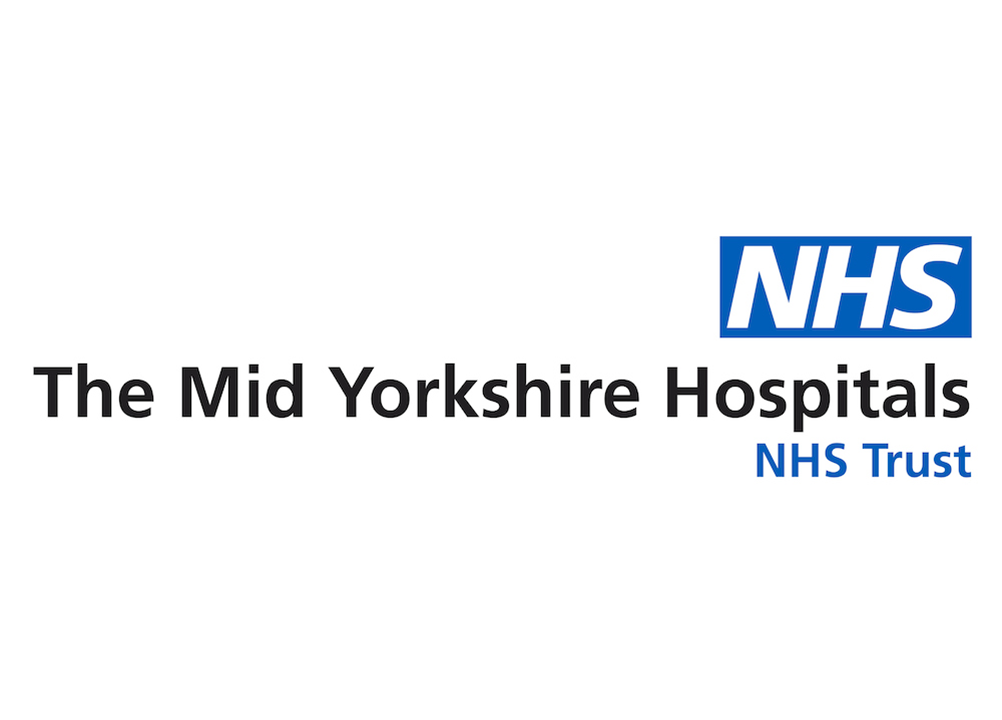
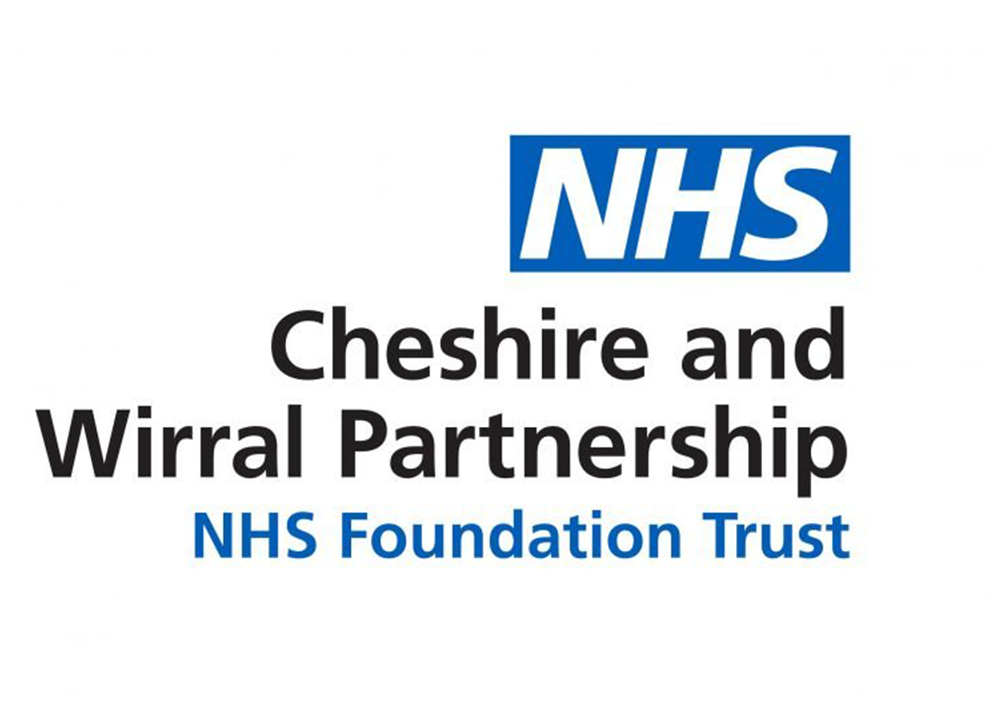
- Patients and the public play a key role in ensuring research is accessible, meets patients’ needs and provides direct benefit to patients.
- The PATHWAY-Beacons study is working with members of the public to get their opinions on adding a group-based talking therapy for anxiety and depression in cardiac rehabilitation services.
- Watch the video to hear what our service users have to say about being a PPI member her.
- Background
-

- CR services aim to reduce the risk of patients experiencing further cardiac events and improve their health and quality of life.
- Depression and anxiety are common among CR patients: 27.6% have symptoms of anxiety and 19% have symptoms of depression.
- Previously talking-based therapies in cardiac patients have had little success in improving symptoms of anxiety and depression.
- However, the NIHR-funded PATHWAY trial, found that a group-based therapy called Metacognitive Therapy (MCT) is effective at treating anxiety and depression and more effective than CR alone.
- Following the success of PATHWAY, the next step involves understanding the factors that will facilitate or impair services from including MCT in their service
- This information will help us plan roll-out across the UK.
- Study Aims
-

- To assess cardiac rehab stakeholder’s views on delivering group MCT alongside cardiac rehabilitation to identify factors that will prevent or encourage them from implementing group MCT.
- To test the roll-out of group-MCT in CR services by testing the training and delivery of group MCT by CR staff in CR services nationally.
- To revise and pilot data capture within services following the modification of the National Audit of Cardiac Rehabilitation (NACR) dataset to include group-MCT.
These aims will help us to prepare for a large-scale rollout of group MCT within CR services.
- Treatment
-

- Metacognitive Therapy (MCT) is an effective evidence-based psychological intervention.
- MCT consists of 6 sessions of 90 minutes delivered weekly.
- It regulates the thinking patterns and behaviours (e.g., worrying, rumination) that keep anxiety and depression going.
- Group-MCT is more effective than CR alone at improving anxiety and depression.
- Study Progress
-
- MCT-PATHWAY is the UK’s first successful group-based mental health intervention that can be delivered alongside usual cardiac rehabilitation.
- The National Institute of Health Research (NIHR) is providing funding to examine the roll-out of PATHWAY in 6 CR services across England in 2022 to prepare for wider scale roll-out of PATHWAY.
- We are running a three-day training programme (hosted by Greater Manchester Mental Health NHS Foundation Trust and the University of Manchester) that will take place online in October 2022.
- Following the training, 6 cardiac rehabilitation services at the following NHS trusts will be delivering group-MCT:






- PPI
-
- Patients and the public play a key role in ensuring research is accessible, meets patients’ needs and provides direct benefit to patients.
- The PATHWAY-Beacons study is working with members of the public to get their opinions on adding a group-based talking therapy for anxiety and depression in cardiac rehabilitation services.
- Watch the video to hear what our service users have to say about being a PPI member her.
Project Timeline

Stage 1
(Months 1-6): Project set up, ethical approval, training of therapists, site recruitment, and qualitative interviews.

Stage 2
(Months 7-20): Participant recruitment, treatment delivery, follow-up data collection.

Stage 3
(Months 21-24): Data analysis, project write-up, and dissemination.
FAQs

This website presents independent research funded by the National Institute for Health Research under its Program Grants for Applied Research Program (grant No. RP-PG-1211-20011). The views expressed are those of the author(s) and not necessarily those of the National Institute for Health Research or the Department of Health.


